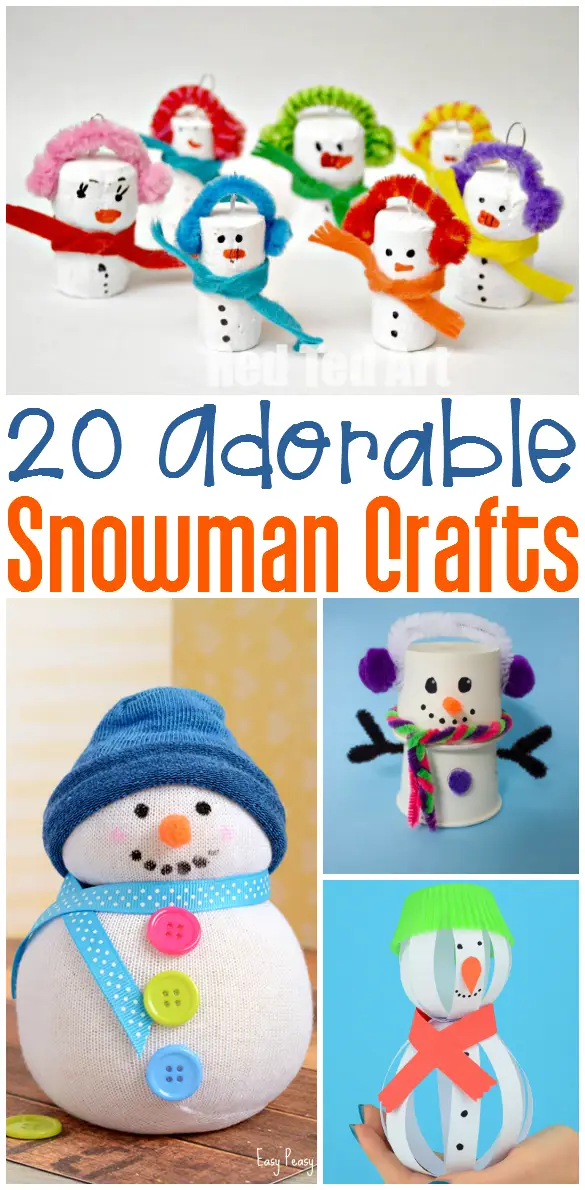
Unsolicited parenting advice, though likely meant to help you on your journey as a parent, can have some unpleasant results. It can be annoying and frustrating. It can confuse you, especially if you receive conflicting advice. It can also make you feel like you are not the best parent that you can be. However, just screaming “I’m his mom, I’ll do what I want!” at everyone probably isn’t the best method. So what can you do to deal with this type of advice without hurting people’s feelings? Read on for a few tips on how to gracefully handle unsolicited parenting advice.
Many times, people will give you advice that runs directly counter to the way you have chosen to raise your child. In these cases, their advice is something that you may have already considered but decided against. Sometimes people don’t really consider that there are options other than what they have tried or heard about. If it is important to you that people understand why you choose to do things the way that you do, it is perfectly acceptable to politely explain your decision. It may not change their minds, but it could show them why they won’t be able to change your mind either. The main goal is for them to understand that despite your difference of opinion, you have your child’s best interest at heart and have made educated decisions about their welfare.
If there are certain people who continuously give you unsolicited advice, chances are they are someone who plays an active role in your life. Often, when this happens, it can put a strain on your relationship. To avoid that, it is best to ask the person if they have time for a chat at a time when you have had a chance to calm down. Let them know, in a civil yet firm manner, that their continuous advice (or criticism) is making you feel negative. Explain that, while they are important to you and you enjoy spending time with them, you would prefer if they would only give you advice if you ask for it. Though this may be something that causes them to feel offended or upset, it is better to be straightforward so that you can have a frank discussion and move forward.
One thing that I do have to mention is that just because advice is unsolicited does not mean that it is bad advice. Sometimes advice, even when it has not been asked for, can be valuable. It can be easy to write off all unsolicited advice as something that you will not use, but it would be wise to at least consider the advice before you set it aside. You may end up deciding that it is not the best advice for you, but every now and then you might find a piece of advice that is worth implementing.

Finally, try not to allow other people’s constant advice (or criticism) to cause you to doubt yourself or your parenting skills. At the end of the day, you are the parent. I believe that most parents have their child’s best interests at heart and make decisions that they think will benefit their family. As long as you know that you are doing what you feel is best for your children, that is what matters.
From hair washing to handwriting, my book answers ALL of your questions about daily living skills, behavior, sensory processing, toileting, transitions and so much more!
FREE DOWNLOAD of my autism and Sensory Processing Disorder cards. Hand them out to family and friends when your child is experiencing a meltdown or behavior during family get-togethers or in social settings. All I ask is that you share our blog with one friend OR on your Facebook, Twitter, Instagram, or Pinterest account. We want to reach as many therapists, teachers, and caregivers as possible and we can’t do it without YOU, our awesome readers!



